どようびは としょかんに 行ったり、びじゅつかんに 行ったり します。 a. まいしゅう どようびに としょかんと びじゅつかんに いきます。b. まいしゅう どようびに としょかんか びじゅつかんに いきます。c. どようびに よく としょかんと びじゅつかんに…
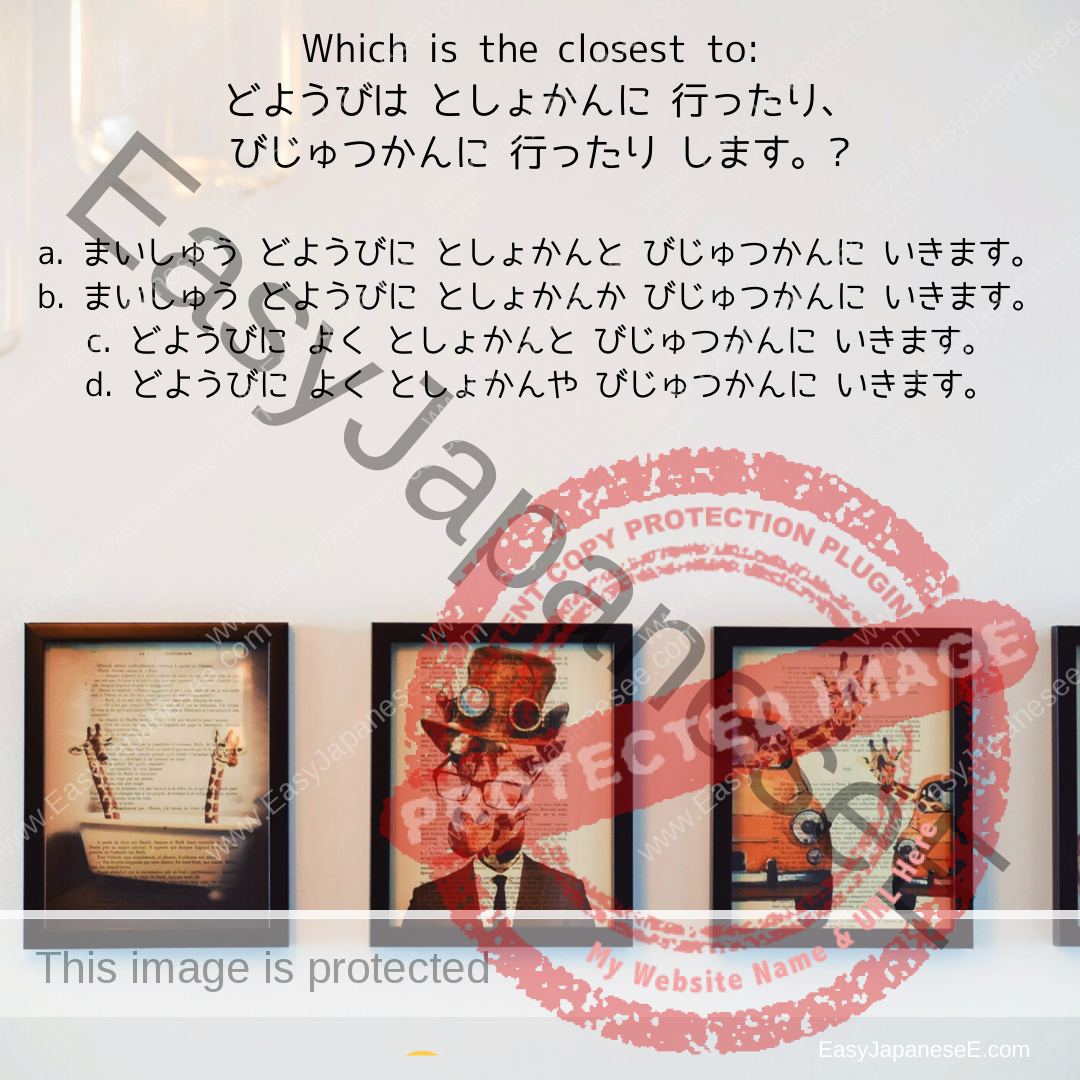

どようびは としょかんに 行ったり、びじゅつかんに 行ったり します。 a. まいしゅう どようびに としょかんと びじゅつかんに いきます。b. まいしゅう どようびに としょかんか びじゅつかんに いきます。c. どようびに よく としょかんと びじゅつかんに…
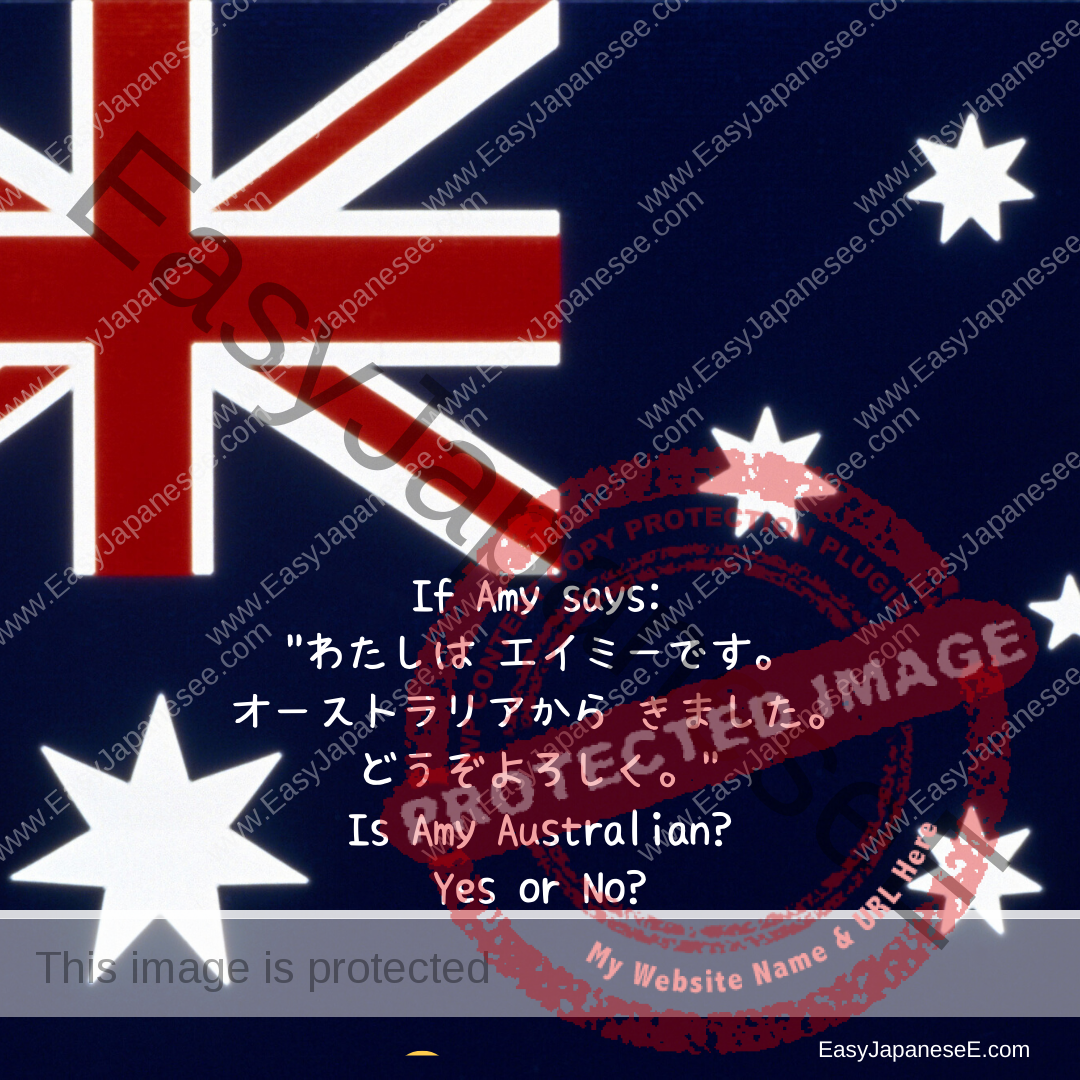
If Amy says:わたしは エイミーです。オーストラリアから きました。どうぞよろしく。[True or False] Amy is Australian. The answer is: It is likely but not conclusive. Some…
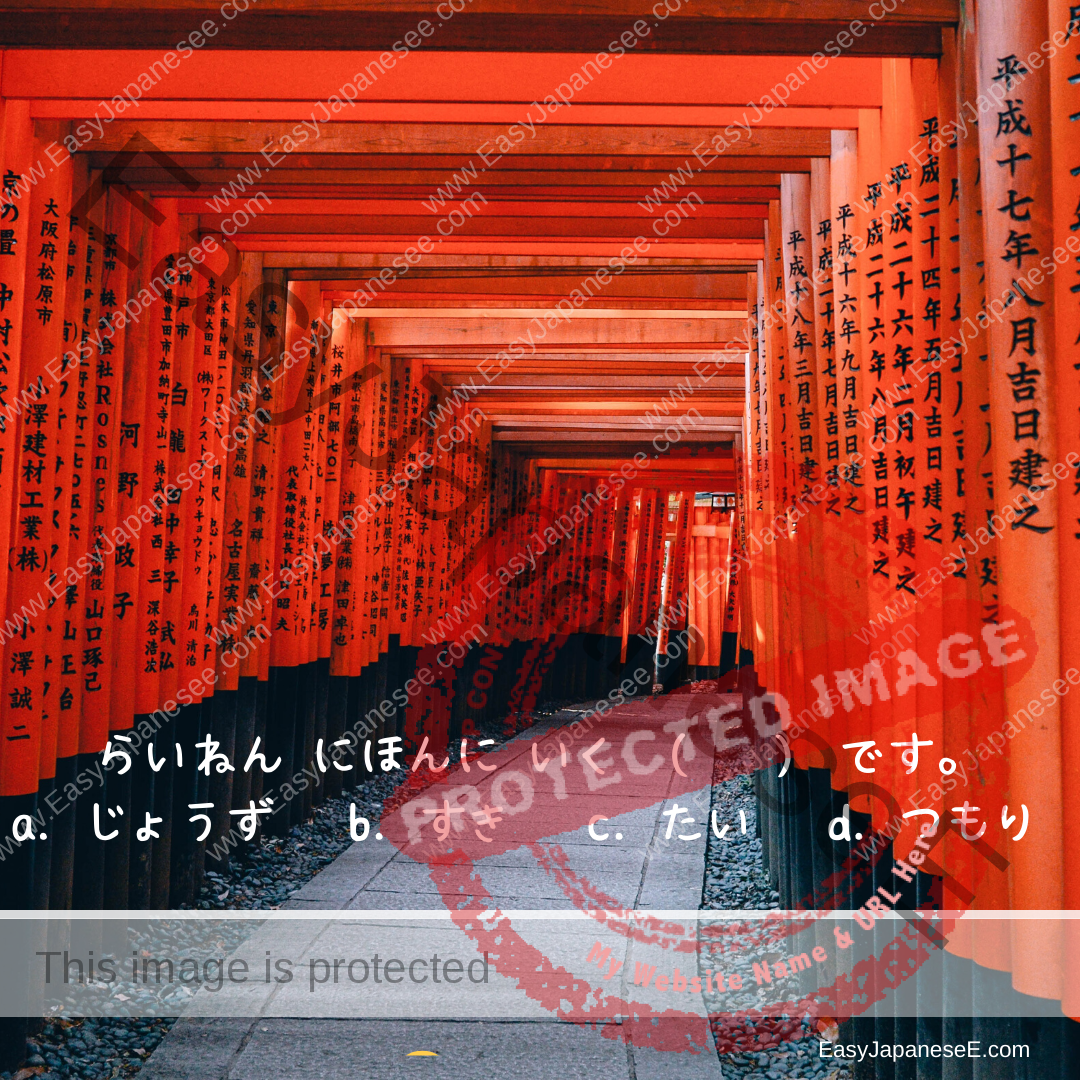
つもり means “intention” and if it’s used after a dictionary form verb, it means “I am/was intending to do ~” with a rather strong will to do the action.
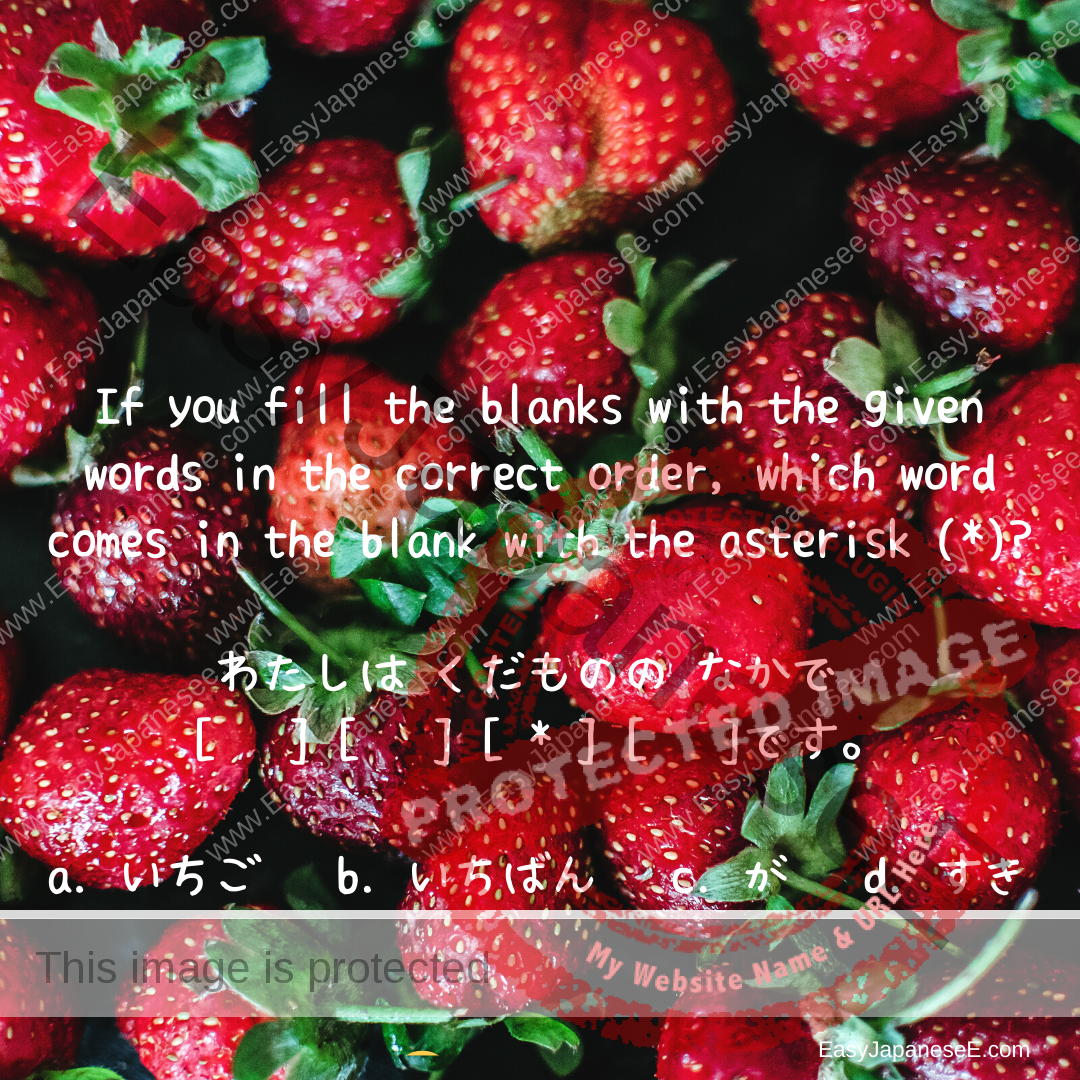
If you fill the blanks with the given words in the correct order, which word comes in the blank with…
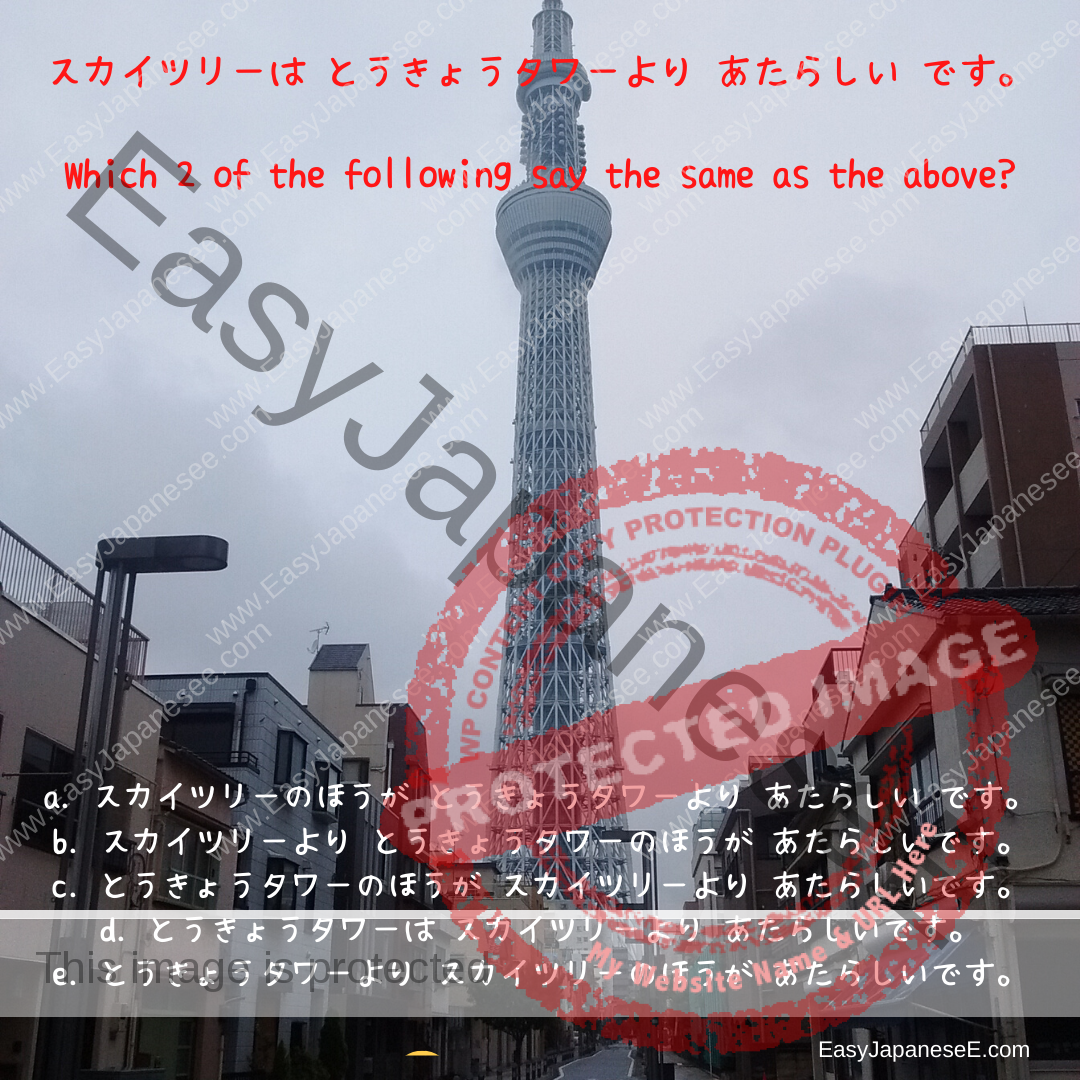
スカイツリーは とうきょうタワーより あたらしい です。Which 2 of the following say the same as the above? a. スカイツリーのほうが とうきょうタワーより あたらしい です。 b.…
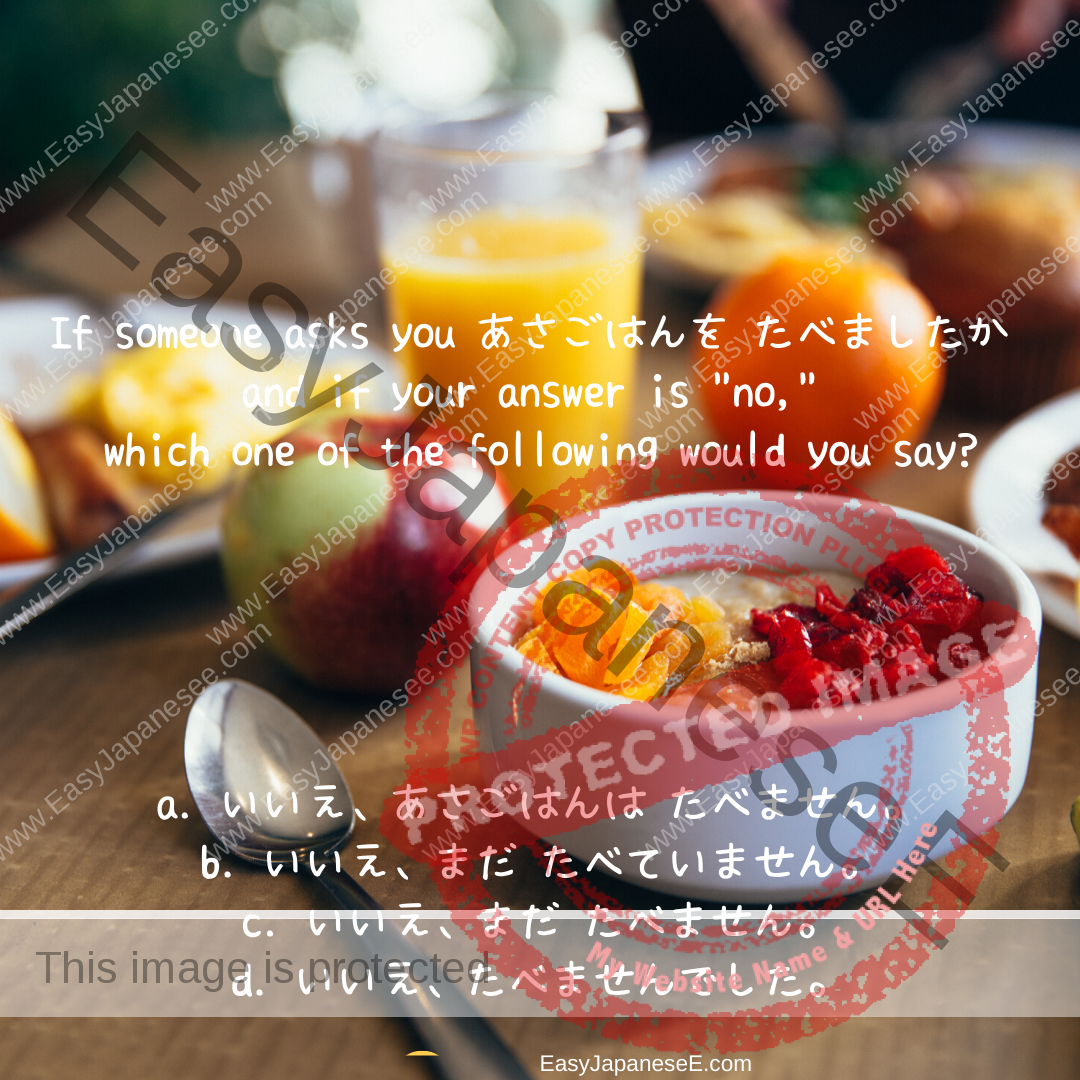
まだ and もう are used in a pair – まだ question can be answered with もう and vice versa. This post explains how to use these 2 phrases in a conversation.
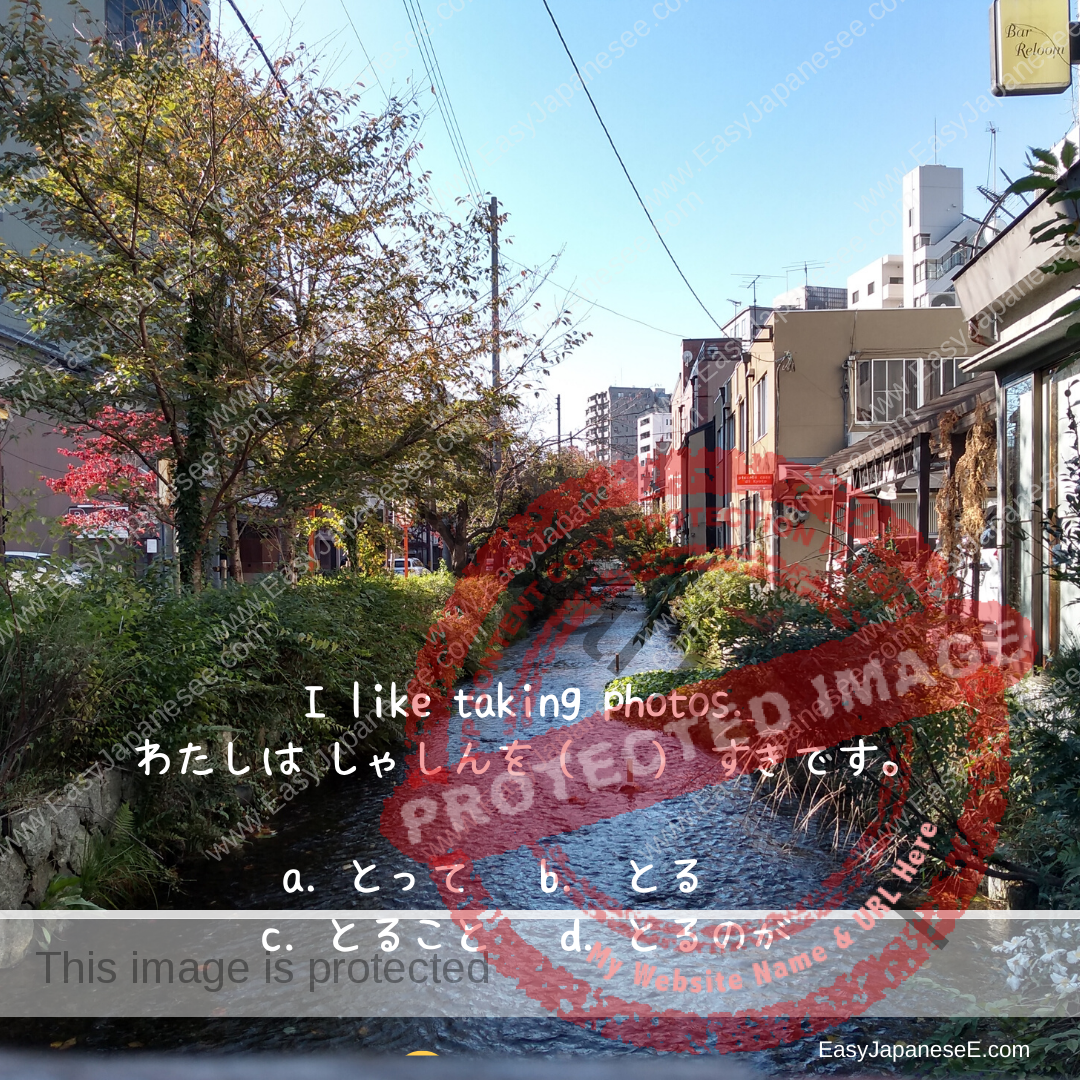
I like taking photos.わたしは しゃしんを( ) すきです。a. とって b. とる c. とること d. とるのが わたしは しゃしんが すき です。 means…
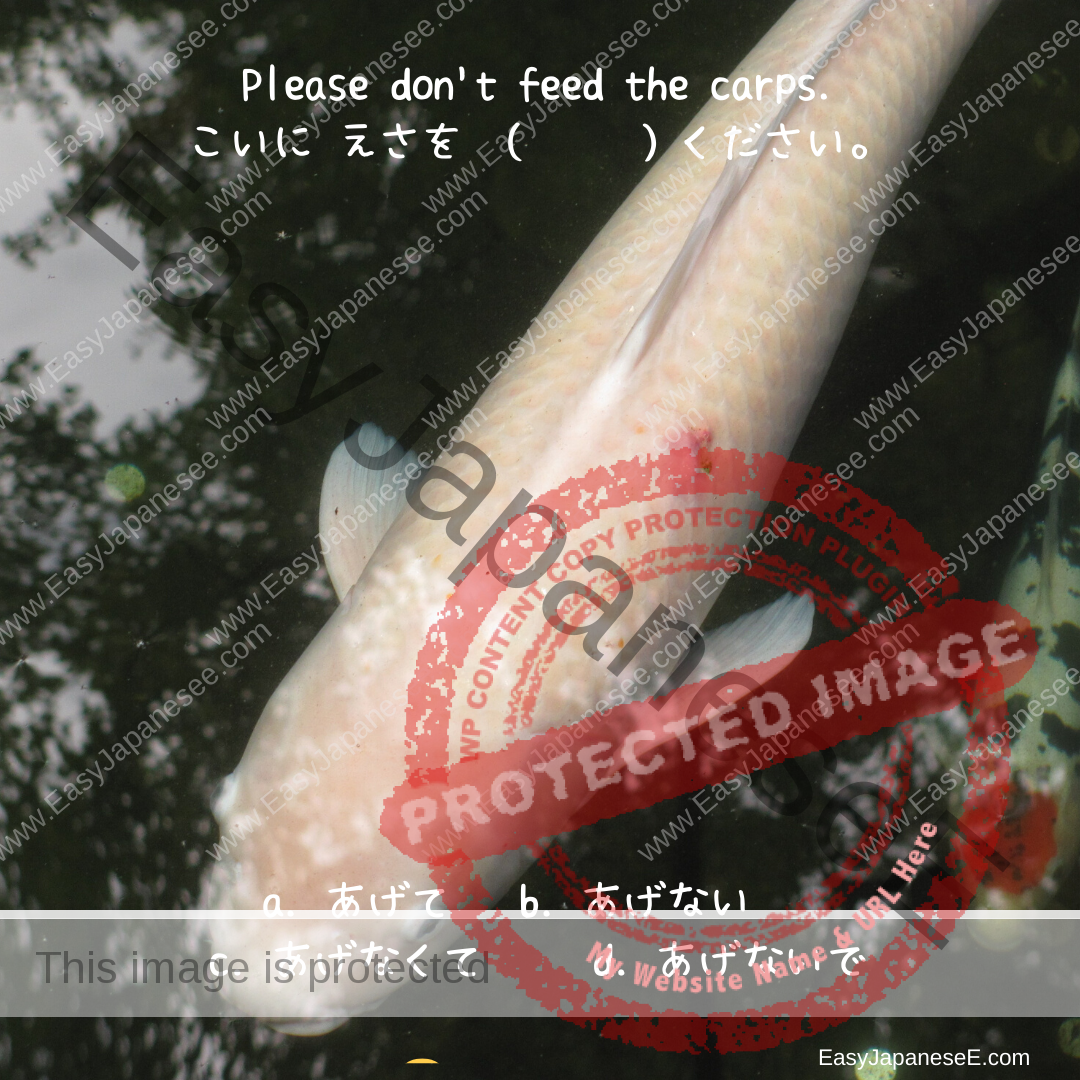
“Please don’t feed the carps” in Japanese is:こいに えさを あげないで ください。Please don’t … = … [plain non-past negative] + で…

いきます (to go), きます (to come) and かえります (to go home, to return) are special verbs and they can be used with a verb stem + に to include a purpose.
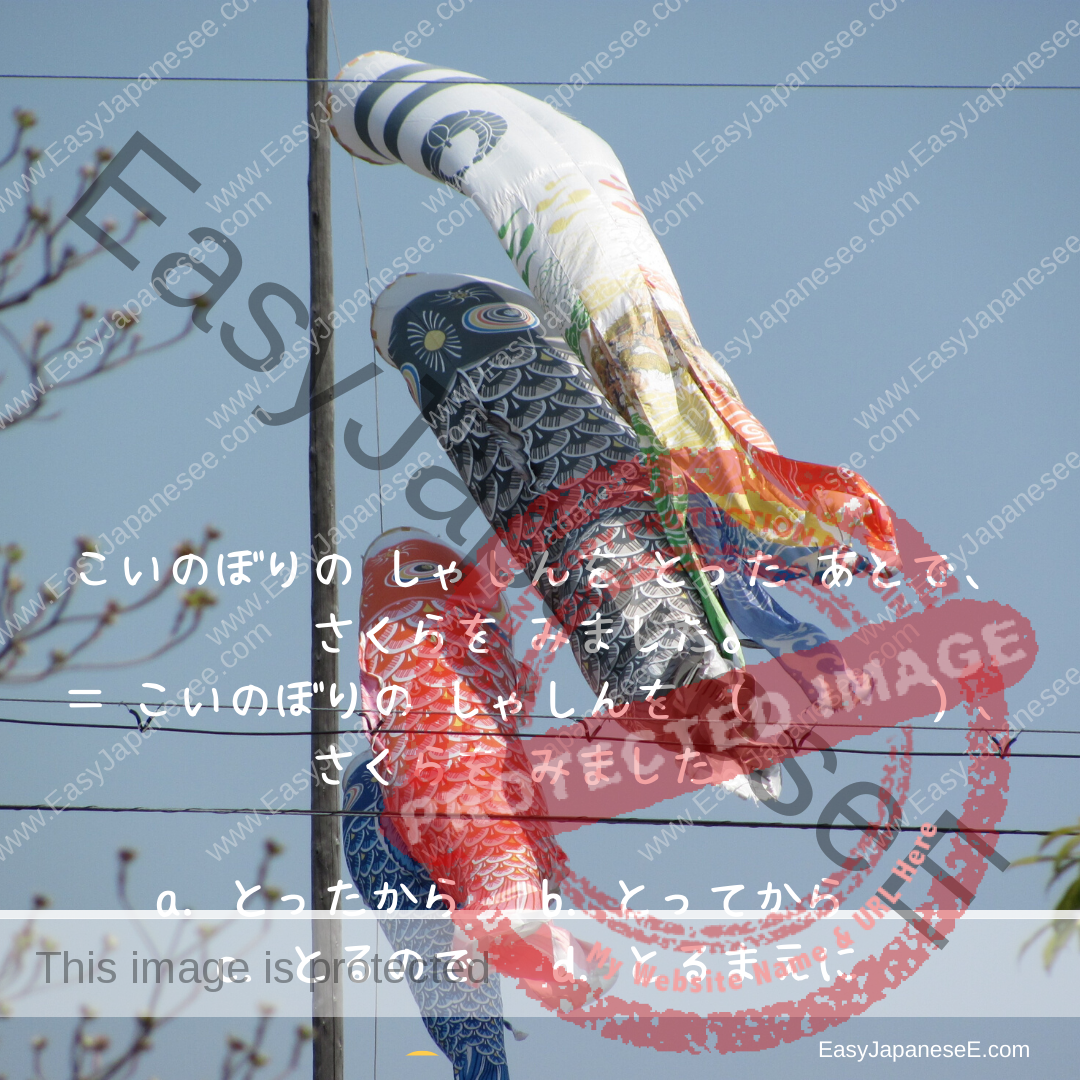
こいのぼりの しゃしんを とった あとで、さくらを みました。 = こいのぼりの しゃしんを ( )、さくらを みました。 a. とったから b. とってから c. とるので d. とるまえに The…
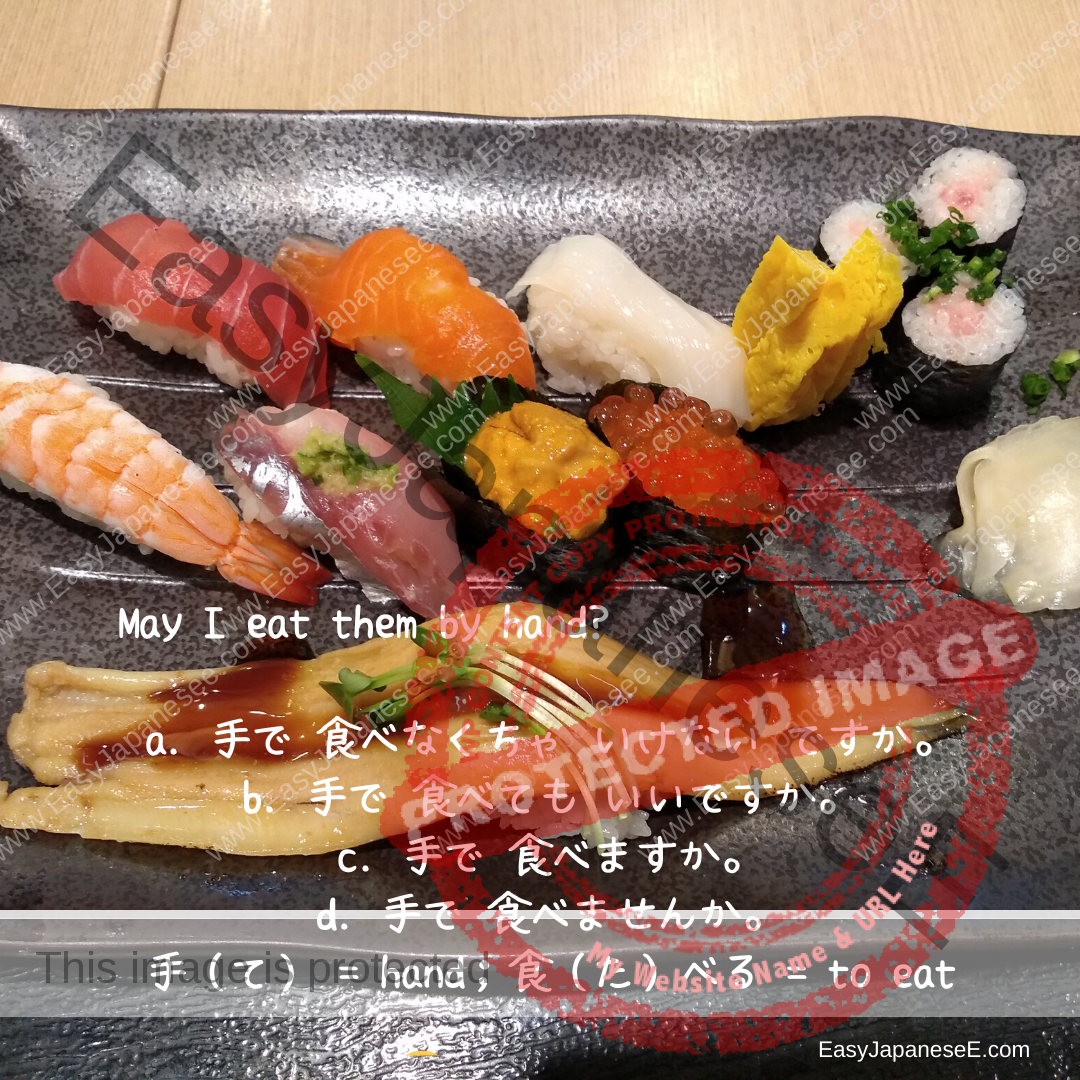
Oh, these sushi pieces look so good! I want to eat them with my hand, but my host family…
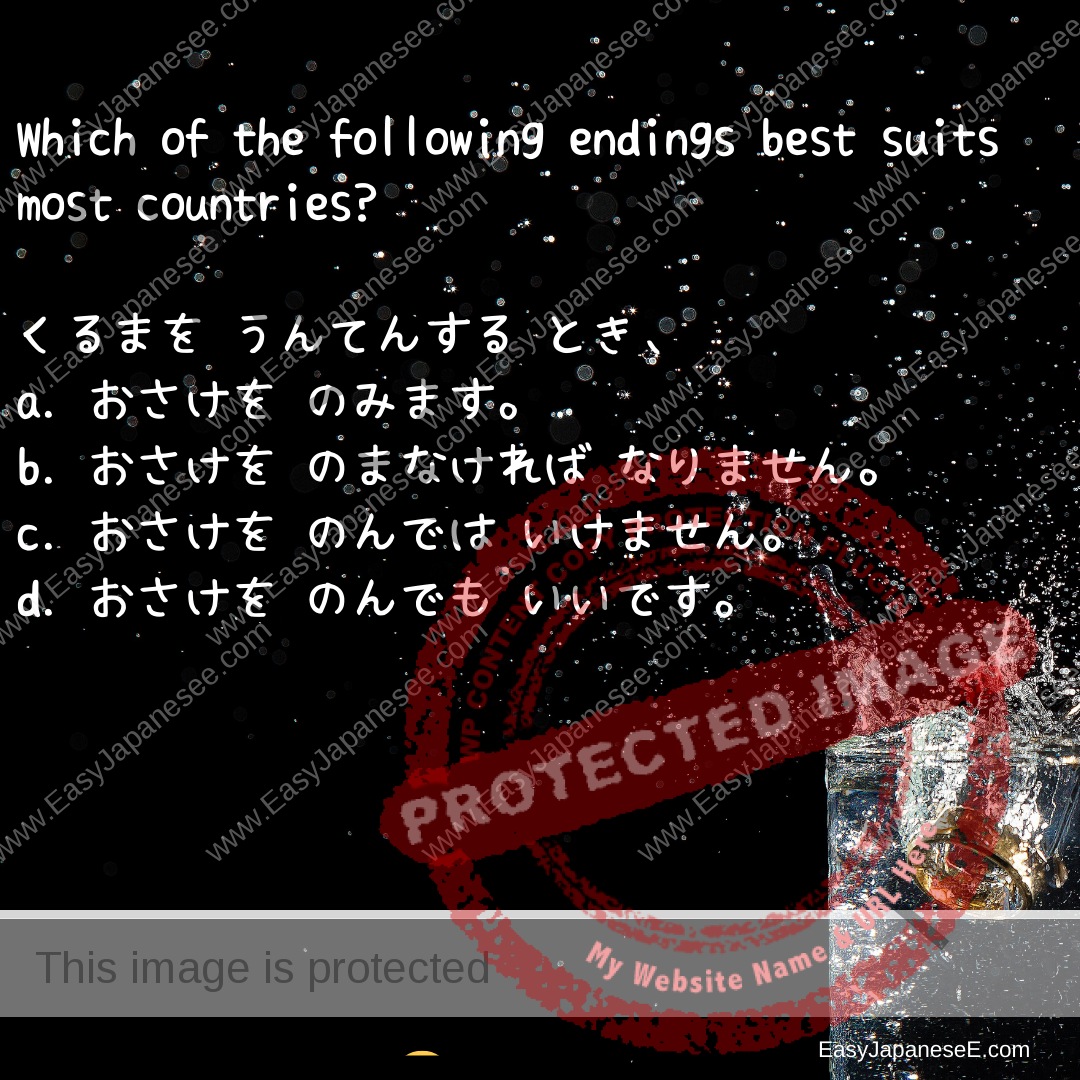
Which of the following statements applies to most countries. a. くるまを うんてんする とき、おさけを のみます。b. くるまを うんてんする とき、おさけを のまなければ なりません。c.…

The question in the photo is: How to say “Shall I help you?” in Japanese. Which of the following is…
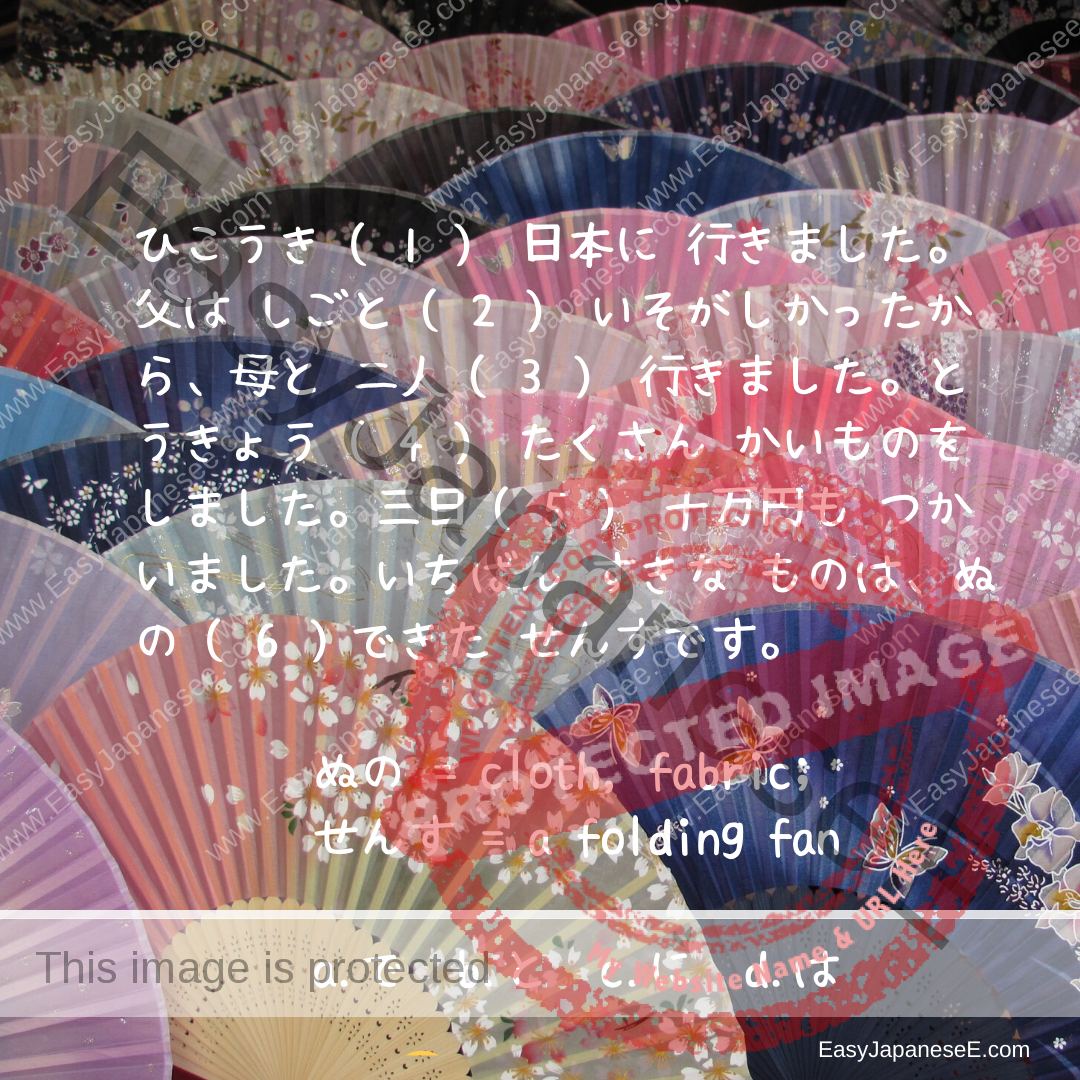
The question passage was: ひこうき( 1 ) 日本に 行きました。父は しごと( 2 ) いそがしかったから、母と 二人( 3 ) 行きました。とうきょう( 4 ) たくさん…
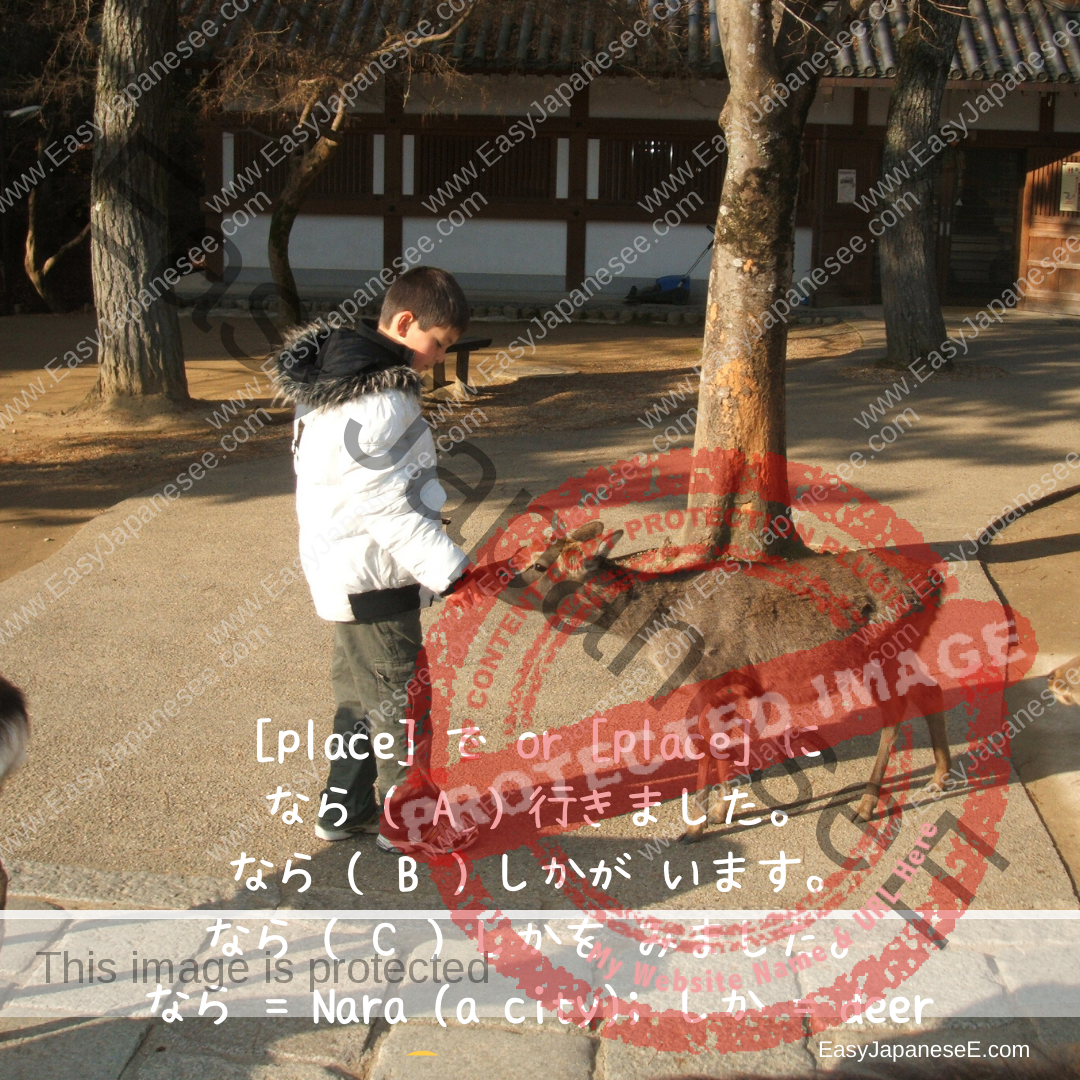
Particles are always tricky and many people have trouble telling between the place markers に and で. This post explains which to use when.
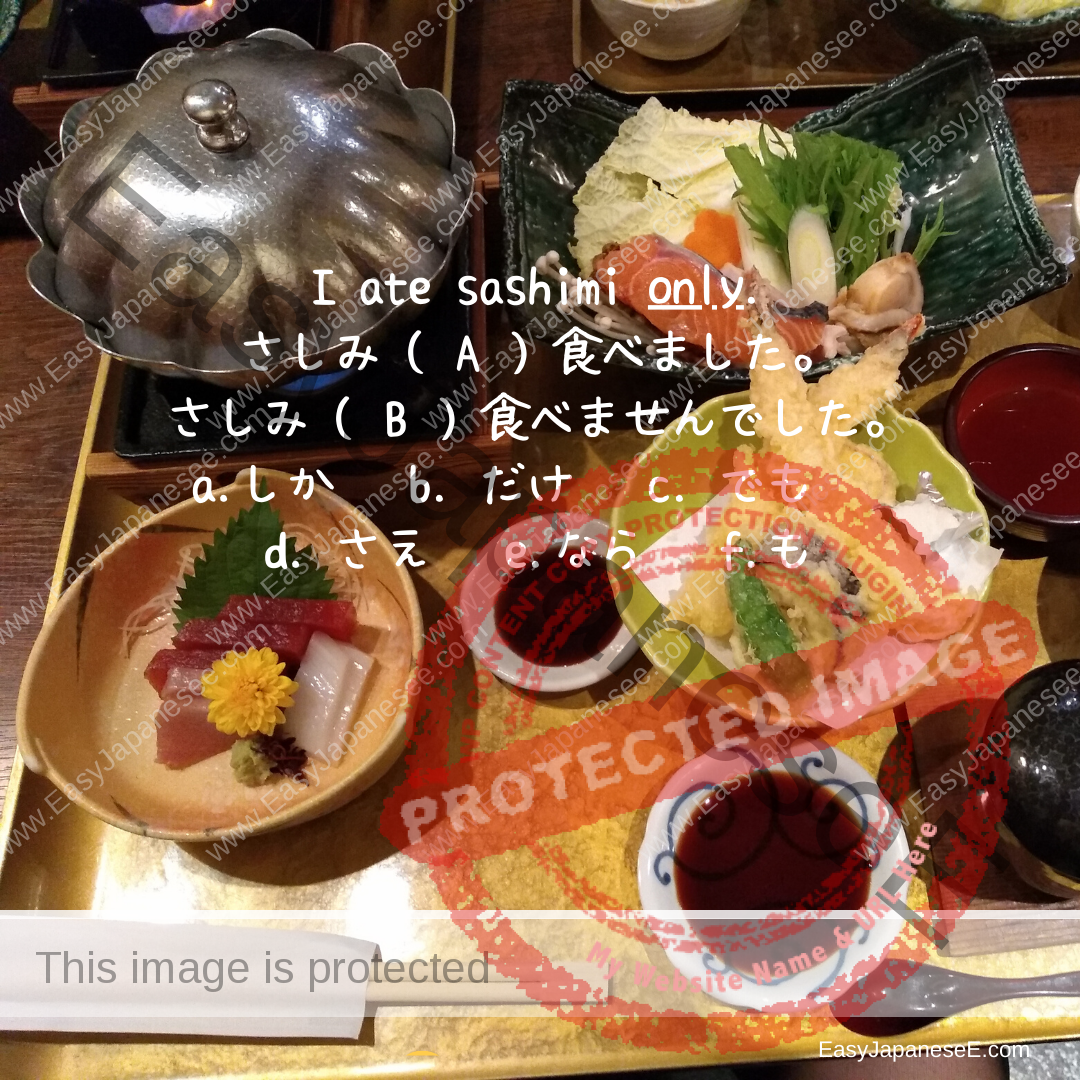
The correct answers are A – b. だけ and B – a.しか. In order to express the meaning of “only,”…
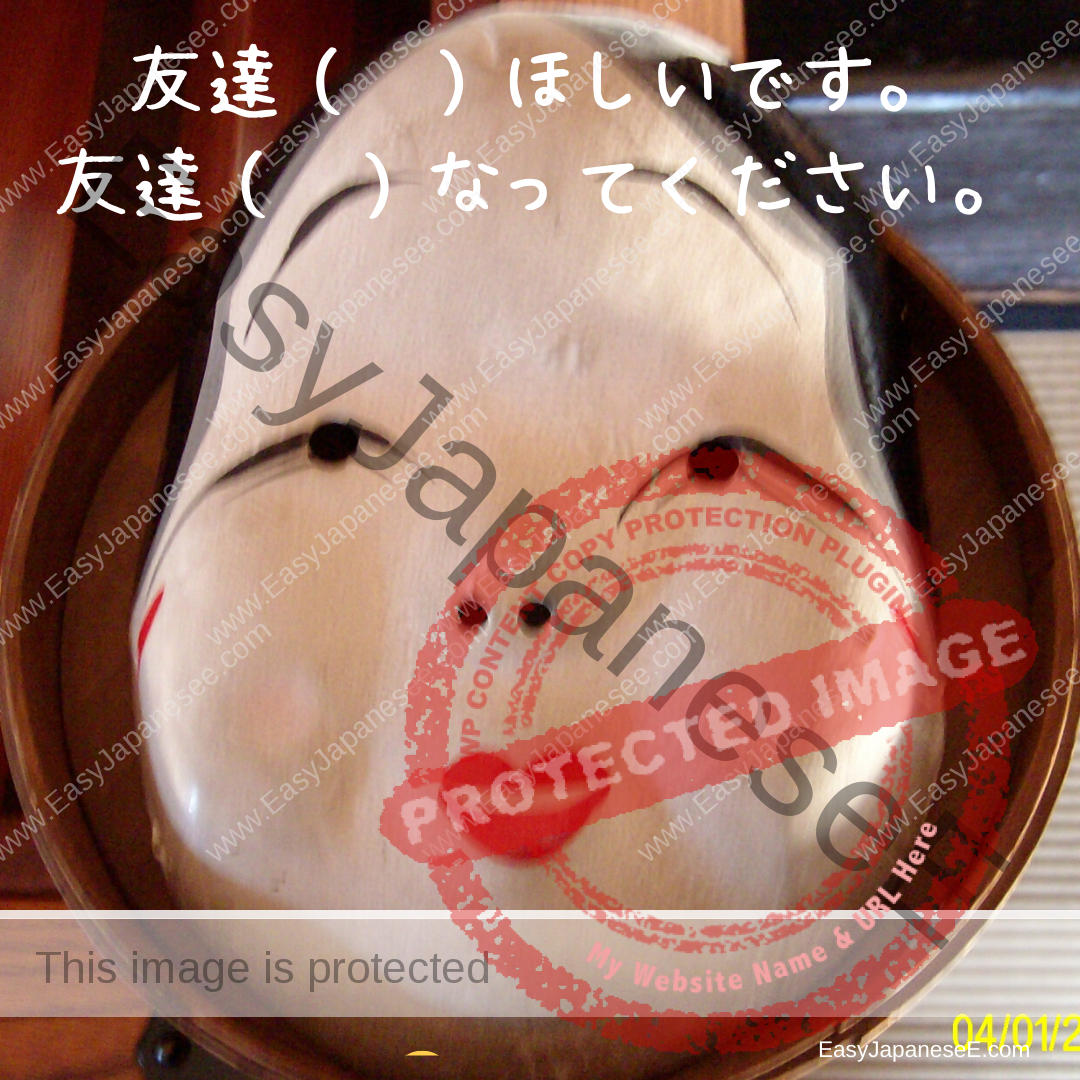
友達( )ほしいです。友達( )なってください。 I think a lot of people here want more friends (友達/ともだち). How do we say that in…
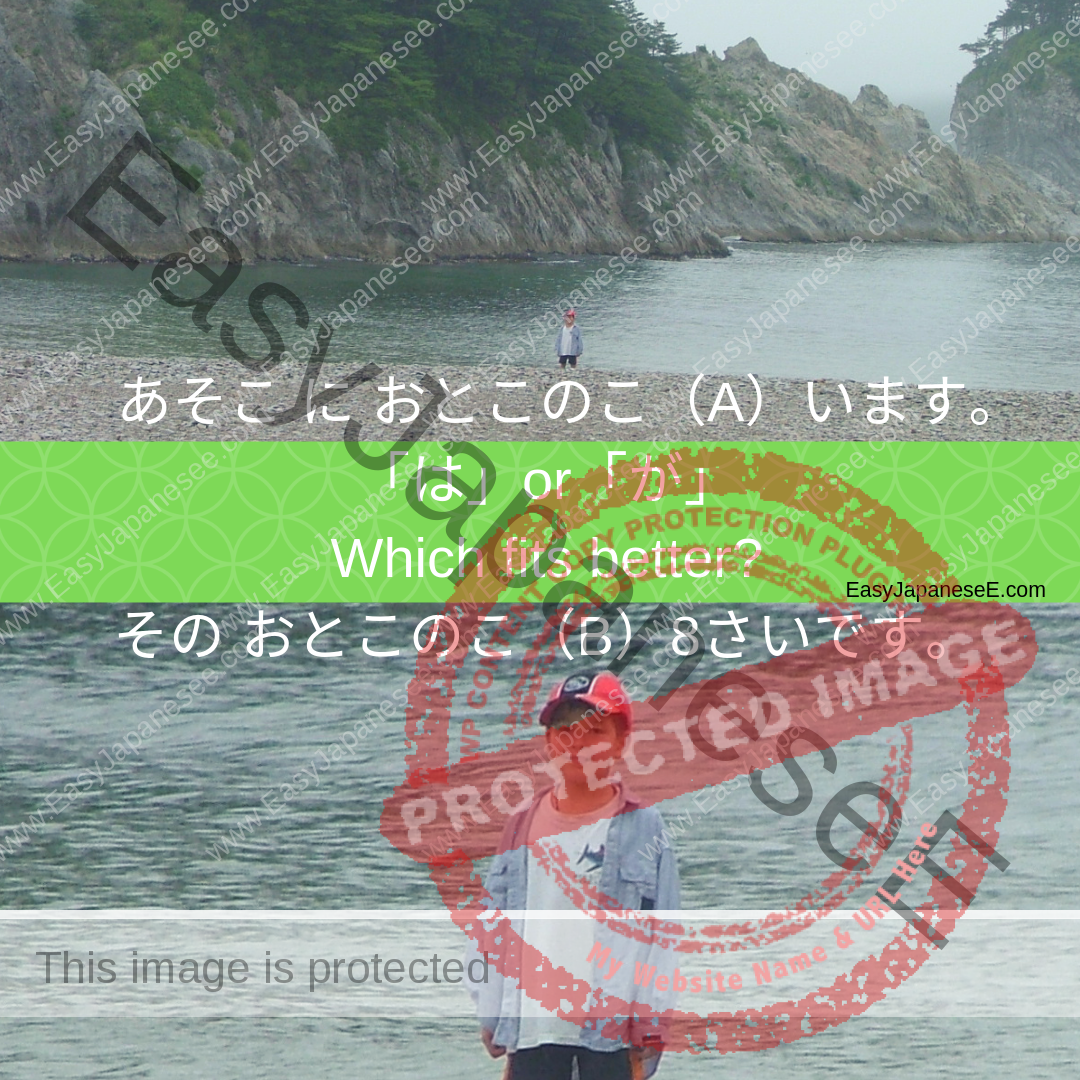
Which fits better in the following sentences, は or が? A: あそこ に おとこのこ (A) います。 B: その おとこのこ(B) 8さい…
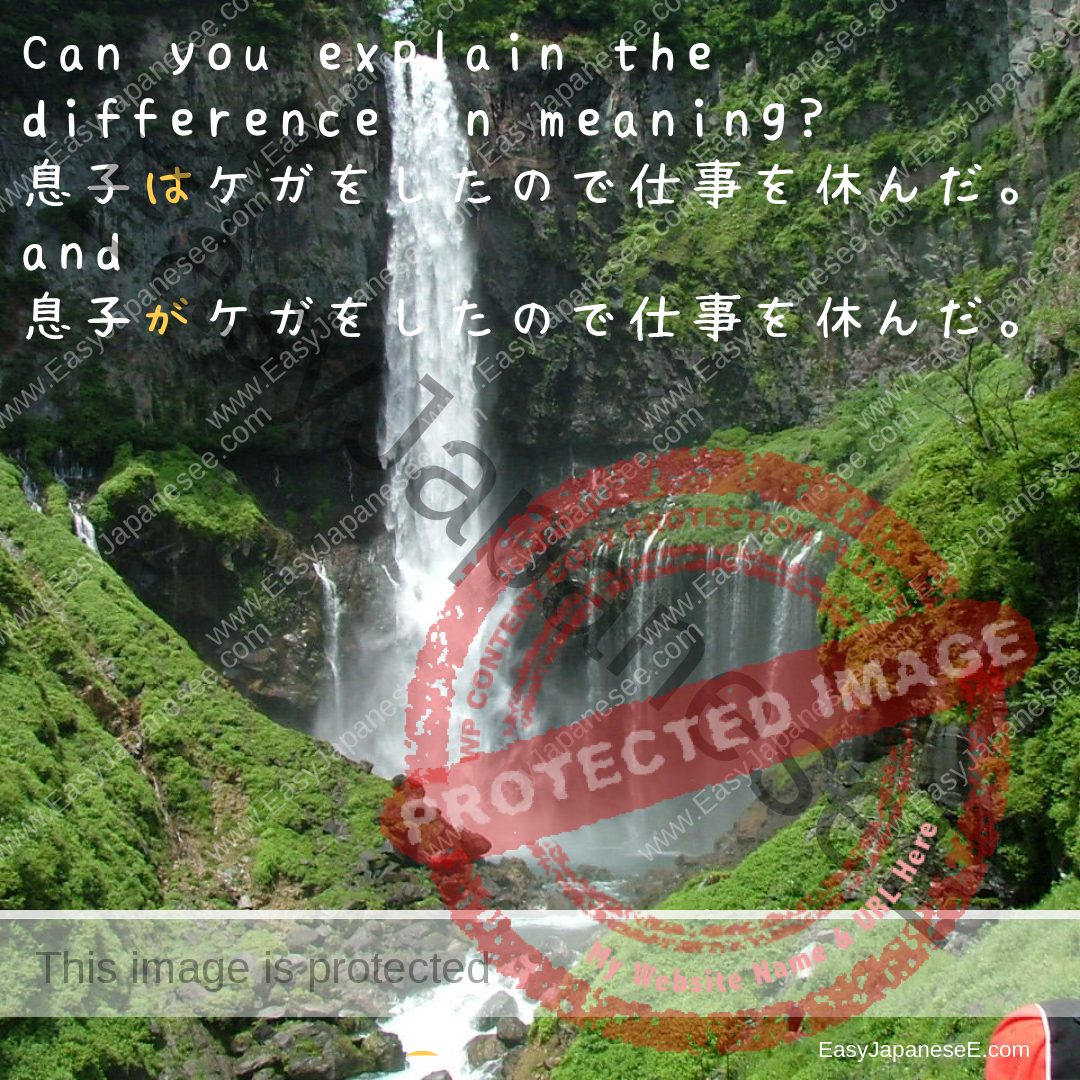
A: 息子(むすこ)は ケガをしたので 仕事(しごと)を 休(やす)んだ。 has quite a different meaning from B: 息子(むすこ)が ケガをしたので 仕事(しごと)を 休(やす)んだ。 I don’t usually…
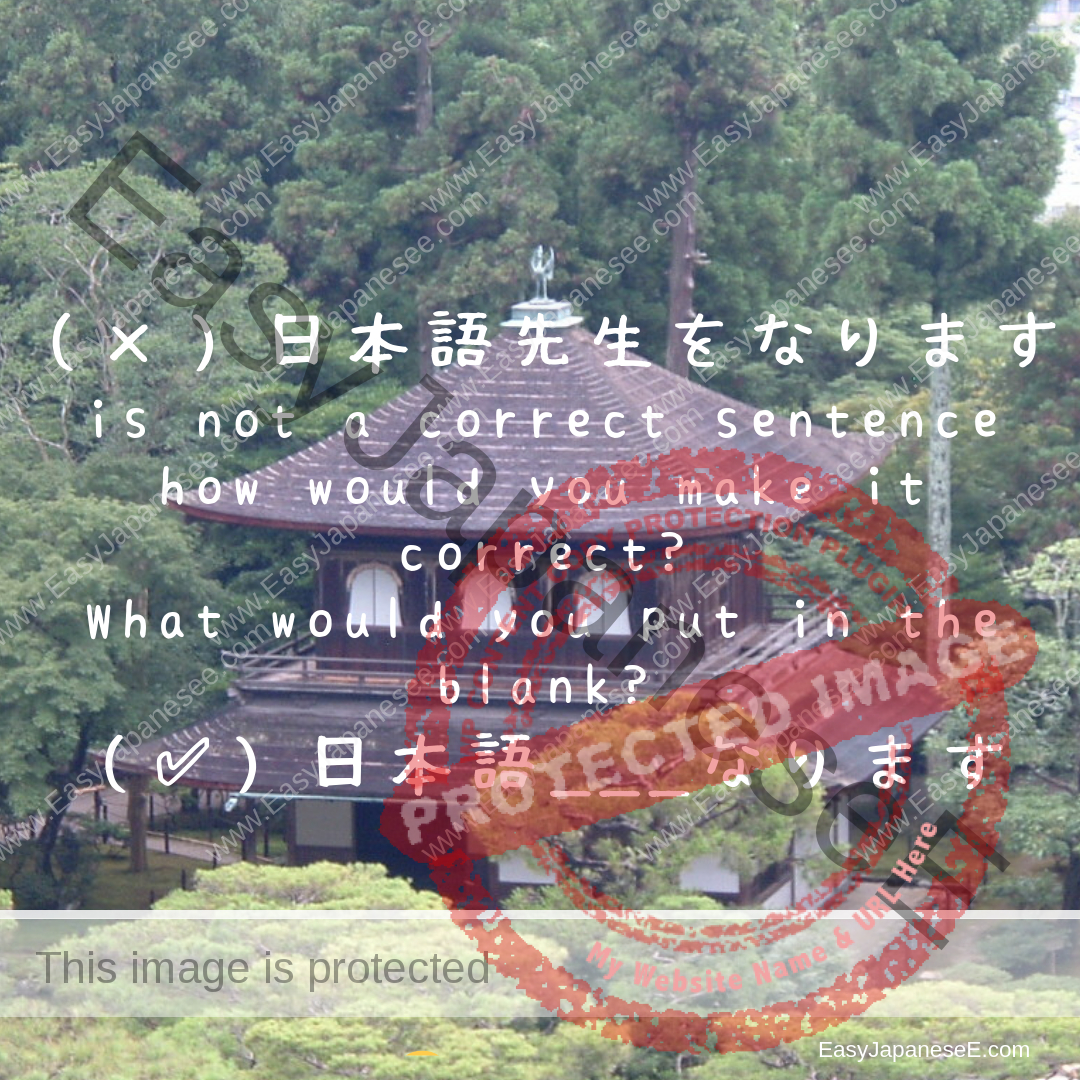
日本語(にほんご)先生(せんせい)をなります is NOT a correct sentence. So how would you fix it? If I ask my Year 12 students, they…
